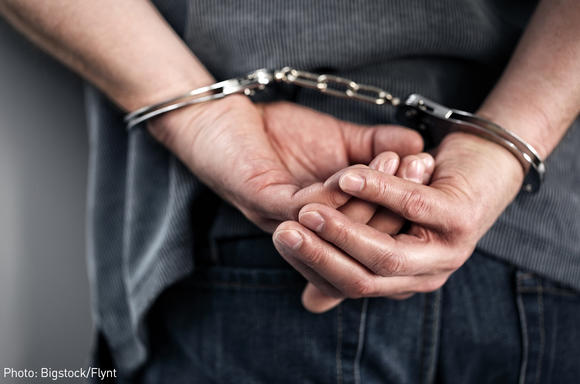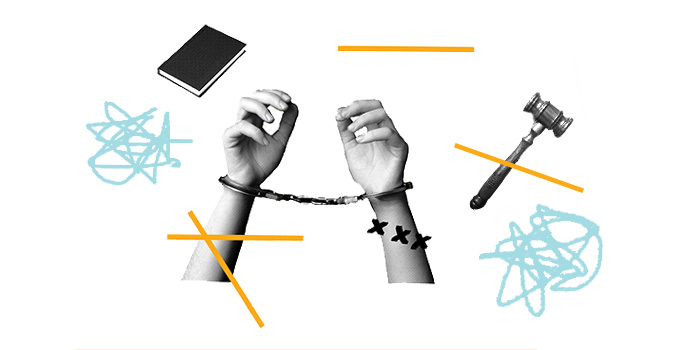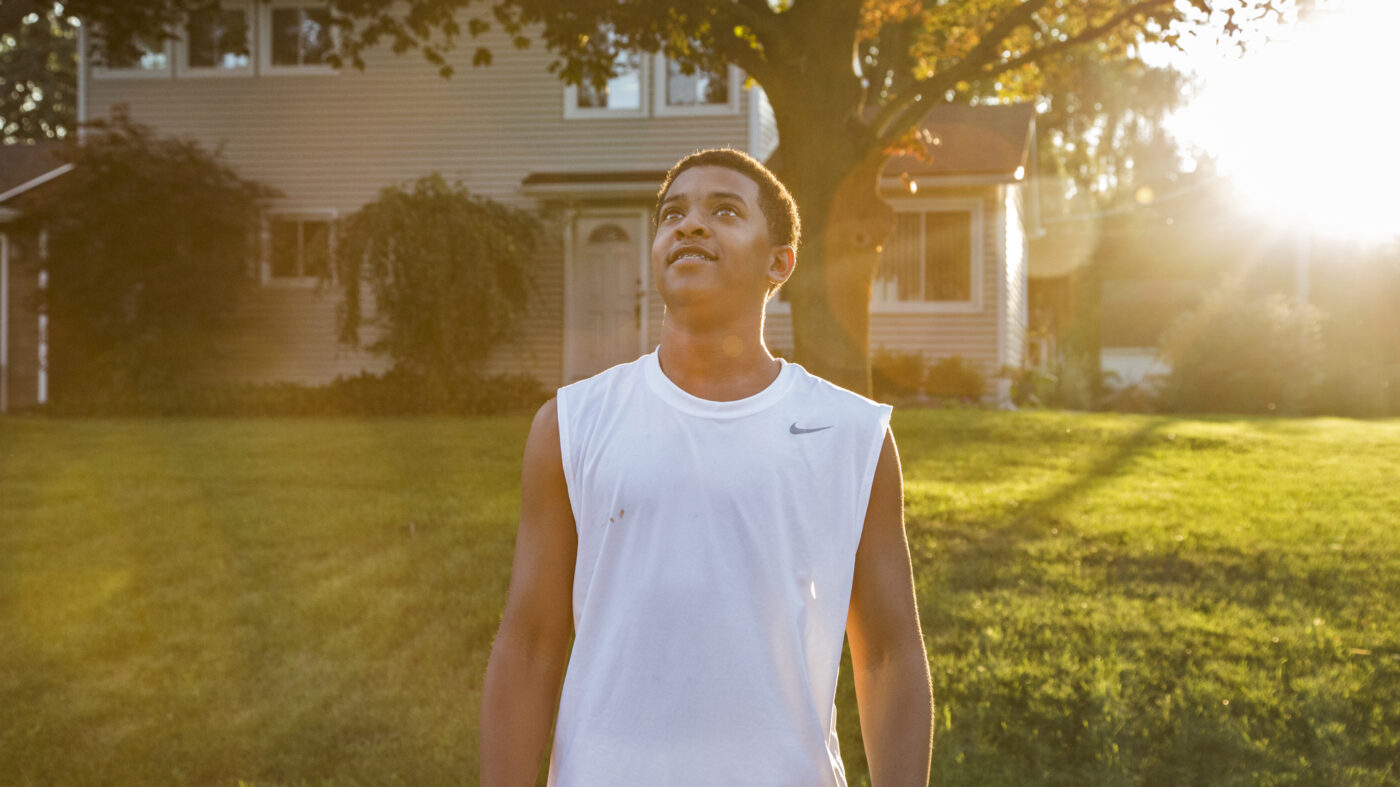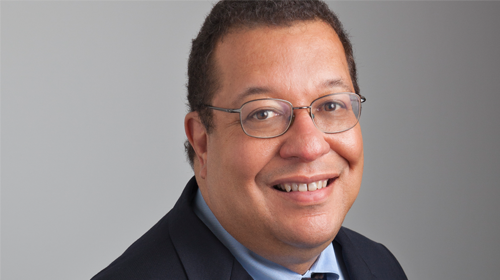School-to-Prison Pipeline


"Zero-tolerance" policies criminalize minor infractions of school rules, while cops in school lead to students being criminalized for behavior that should be handled inside the school. Students of color are especially vulnerable to push-out trends and the discriminatory application of discipline.
The ACLU believes that children should be educated, not incarcerated. We are working to challenge numerous policies and practices within public school systems and the juvenile justice system that contribute to the school to prison pipeline.

School-to-Prison Pipeline
The ACLU works in courts, legislatures, and communities to defend and preserve the individual rights and liberties that the Constitution and the...
Source: American Civil Liberties Union
Gone Too Far: Our Kids in Handcuffs
Meet Kyle Thompson. Kyle is part of a national trend where children are funneled out of public schools and into the juvenile and criminal justice systems.

[Infographic] School-to-Prison Pipeline
School-to-Prison-Pipeline Infographic: A snapshot of recent data on school discipline shows that zero tolerance policies disproportionately impact Black and brown students.
![School-to-Prison Pipeline [Infographic]](https://assets.aclu.org/live/uploads/2015/03/blog-stpp-500x280-v01.jpeg)
View the infographic
The ACLU is committed to challenging the "school-to-prison pipeline," a disturbing national trend wherein children are funneled out of public...
Source: American Civil Liberties Union
Dennis Parker

Dennis Parker is director of the ACLU Racial Justice Program, leading its efforts in combating discrimination and addressing other issues with a disproportionate impact on communities of color. Parker oversees work to combat the “School-to-Prison” pipeline, the profiling of airline passengers subjected to searches and wrongfully placed on watch lists and the racial bias in the criminal justice system.

